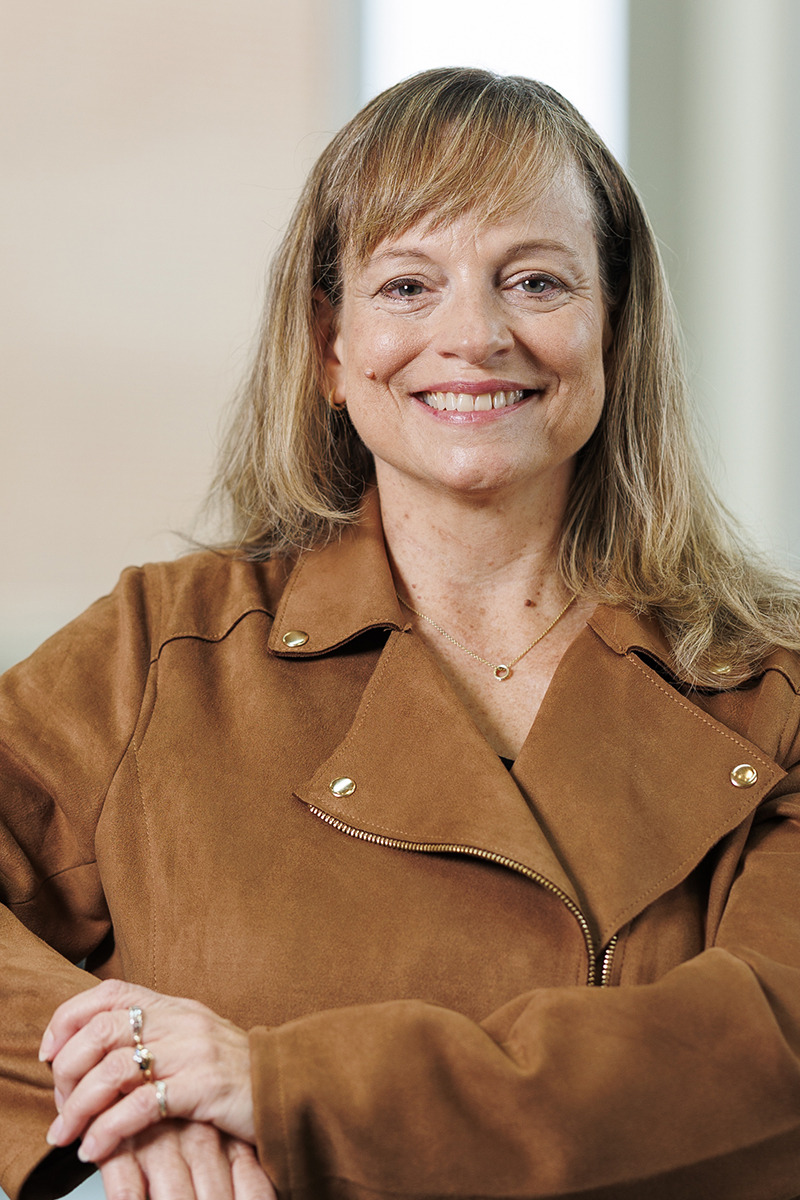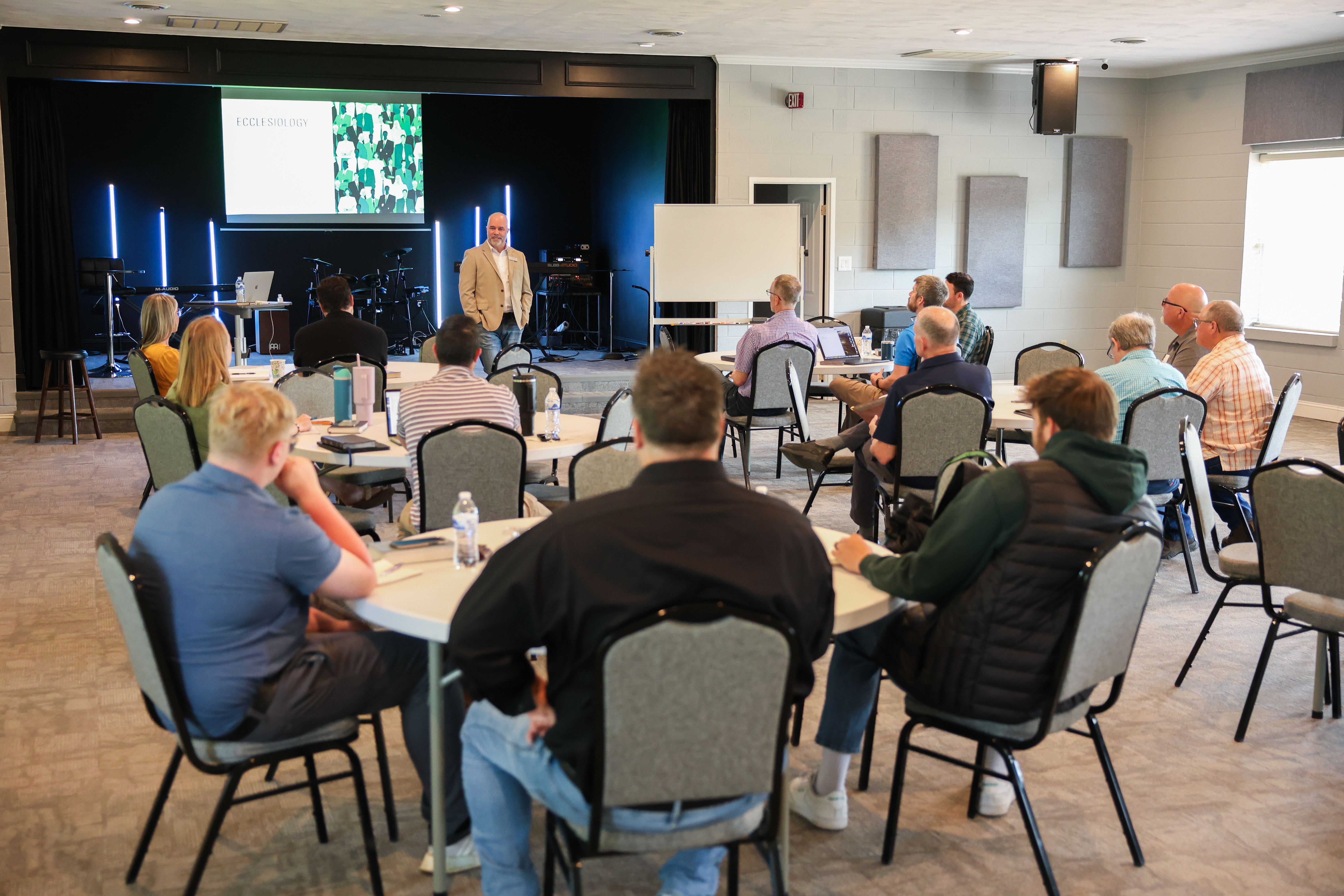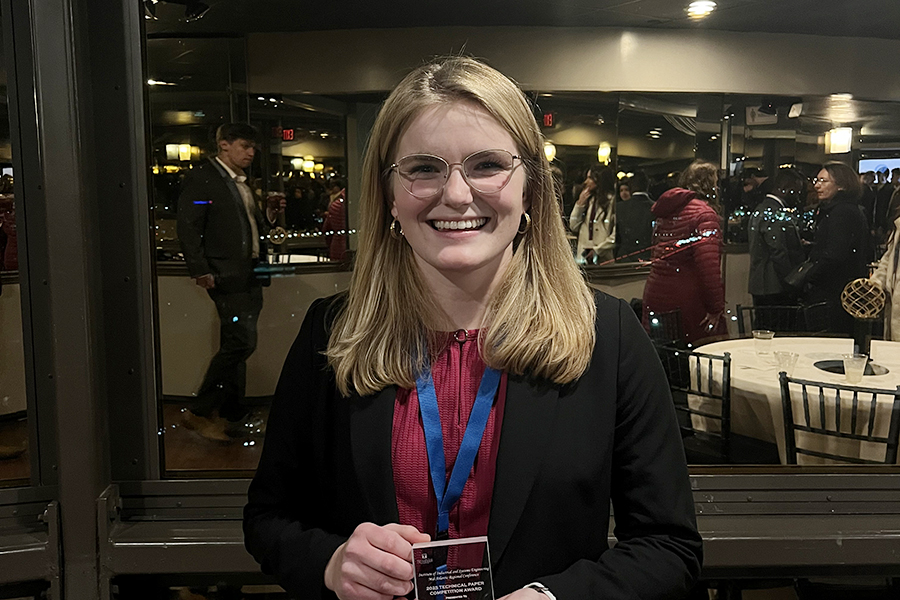Search News Archives
Filter News Articles
Additional Navigation
Founder of Liberty’s social work degree programs appointed to national accreditation commission
August 8, 2023 : By Ryan Klinker - Office of Communications & Public Engagement
In the nine years since being hired at Liberty University to create the school’s social work degree programs, Dr. Christine Fulmer has continued to use a Christian perspective to find ways to effect change in the field to better serve others. Last summer, Fulmer was appointed to the Commission on Educational Policy for the Council on Social Work Education (CSWE), the national association representing social work education in the United States.

There are over 750 CSWE members, including CSWE-accredited baccalaureate and master’s degree social work programs as well as individual social work educators, practitioners, and agencies dedicated to advancing quality social work education.
Liberty’s B.S. in Social Work, offered in both residential and online formats, is accredited by the CSWE, and the residential and online Master of Social Work (MSW) is in its second year of candidacy for accreditation.
The commission, made up of representatives from multiple universities throughout the country, researches educational policy issues and formulates a statement indicative of societal priorities and educational excellence to inform the creation of the accreditation standards. Fulmer was recently asked to co-lead a workgroup for the commission that establishes actionable priorities in educational planning and policy and reviews current Council on Social Work Education programs related to educational policy and planning.
“Depending on what’s going on in the country and the world, those new policies and standards need to reflect our cultural context so that we are meeting the needs of those we’re serving in the social work profession,” Fulmer said. “We want the students to be educated so that they are prepared for that cultural landscape.” For instance, the 2022 Educational Policies and Accreditation Standards emphasized anti-racism, diversity, equity, and inclusion, which aligns beautifully with biblical principles and helps prepare graduates to be agents of reconciliation in a hurting world.
Serving on the commission has been a gift in more ways than one, Fulmer said, as she is able to not only impact the future of social work and its educational standards but also be a positive Christian witness on the team.
“The Lord put on my heart over 20 years ago that He wanted to change the face of social work for Him, and now I’m seeing it happen,” she said. “It’s not just about being on the commission; it’s about being a light, developing relationships, using the wisdom God’s given me, not being afraid, respectfully listening to others, and demonstrating the love of Christ. I’m humbled by the opportunity.”
After working at Cedarville University for 10 and a half years, Fulmer came to Liberty to develop the bachelor’s program, which started in 2015 with 160 students and has now grown to more than 1,500. She and a talented team created the master’s program in 2021 and is currently its program director. About 430 students were enrolled in at least one course in the master’s program last year.
“We’re preparing all of our students with a biblical worldview, and they are meeting people where they are and sharing hope that is beyond explanation,” Fulmer said. “It is exciting to anticipate all that our graduates will do as master’s level social work practitioners, clinicians, and leaders in the field. We are so thankful for God’s provision in paving the way for us.”
Fulmer said a degree in social work can open doors to a wide range of careers, including adoption and foster care, private practice therapy, nursing home care, school social work, medical social work, international work, anti-trafficking, and more. She has led multiple trips with Liberty students to Greece and the Dominican Republic to serve immigrants, refugees, and trafficking survivors.
“Social work is the fastest way to become a therapist. It’s also marketable because it’s so broad,” she said. “We’re not just finding ways to affect change in the United States; we are having an impact on the world.”


